|
‘Poverty is a very complicated issue, but feeding a child isn’t.’ (Jeff Bridges) A little girl runs around excitedly while her parents wait patiently in a queue. She – I don’t know her name – pauses from time to time, crouches down and writes words or draws flags and hearts on the ground with blue and yellow chalks. She runs off again, full of energy and laughter, and her parents call to her to not stray too far. This is the opening of a new food bank hall in South Germany for asylum seekers, refugees and other people in need. I’m struck by the passion and organisation of the volunteers and by the generosity of 30+ shops that provide food weekly for some 200 families. Not stale food past its sell-by date. Freshly baked bread, vegetables etc. My tiny role, shifting empty food containers, gives me a chance to witness this event from the inside. The workers embody Jesus’ call to support and care for people who are poor and most vulnerable and it inspires me to see their love in action. The little girl skips across the car park now. Her parents look happy as they head off home.
16 Comments
'Home isn't where you're from, it's where you find light when all grows dark.' (Pierce Brown) I was invited yesterday to meet with a family of asylum seekers who have recently arrived in Germany from Syria. They are living in temporary accommodation, a house with no furniture, only mattresses on the floor, yet at least in a place of safety until suitable accommodation is found. The three young children greeted us excitedly with wide grins when we arrived at the door. My hostess, Margitta, a Christian activist with a passion for the poor and most vulnerable, had brought a travel cot in preparation for the arrival of the family’s new baby. As we sat on the floor together, the father pointed to himself apologetically and said, ‘No German’, then to us, ‘No Arabic.’ At that moment, some simple words and phrases I had learned some 40 years ago whilst working briefly in a Palestinian hospital came tumbling into my mind. I felt unsure if I had remembered them correctly, and a bit nervous that my English-accented Arabic might sound a bit weird, but nevertheless spilled them out: ‘Hello, How are you? Fine thanks. Please. Thank you. Yes. No.’ Etc. At least that’s what I think I said. Not exactly the stuff of fluent conversation. Yet, in that moment, the whole family looked stunned…then absolutely delighted…then with huge smiles burst into a spontaneous applause. When arriving in an alien land where so much is so unfamiliar, to hear simple words spoken in one’s own language must feel like a reassuring familiarity, a comforting reminder of one’s own home. I sensed it mattered, too, that my own stumbling German made them feel less isolated, less alone. Small things can be big things. Our weakness can be our strength. ‘If you can remove the hazard, do it. If you can’t do that, do what you can to minimise the impact of the hazard. If you can’t do that, prepare for recovery in the aftermath.’ (Bill Crooks) That was a proud moment. I stepped into the lift in a Phnom Penh hotel and there, blazoned on the wall, was a poster with a stark warning, ‘Don’t even think about it.’ It was a campaign against the child sex tourism trade, led by international Christian NGO World Vision and the Cambodian police. I had just arrived there on assignment with World Vision and, seeing its logo displayed alongside this message, it gave fresh inspiration and passion to my own work. Later that evening, I was taken by World Vision activists into a dark city alleyway to meet with some street children. The workers brought lanterns, food, drink and first aid kits to meet the children’s immediate needs before sitting on the ground to chat with them. I was amazed by the kids’ bright spirits, laughing playfully as they spoke with us. The activists opened picture books and talked the children through how to avoid the dangers of sexual exploitation. It was sobering at the end to watch the children drift off back into the mist and darkness, still smiling and waving at us as they went. I wondered what their lives must be like, eking out an existence by scavenging and begging, and I felt deeply affected by this encounter. I noticed my instinctive desire to rescue these children who were clearly so poor and vulnerable. I was struck, by contrast, by the activists’ approach to developing the children’s own resilience. On asking about this later, the activists explained to me that the scale of the challenge is so great that it dwarfs the physical resources they have to meet it. They had chosen a strategy that enabled them to reach the greatest numbers of children – recognising the hard realities of these kids’ worlds and enabling, where possible, their safety and wellbeing within those contexts. It was protection by preparation and mitigation, by standing alongside in the midst. This agonisingly difficult choice enabled the activists to focus their more intensive support and care on children who were the most vulnerable among the vulnerable; for instance, those who were sick or dying or living with severe disabilities or mental health issues. They partnered with the children, local communities, civil society organisations and central government agencies to catalyse and sustain an effective response. Love in action. We can be hope. Diversity: a problem to be solved...or an opportunity to be grasped? What do you think? 'Whatever affects one directly, affects all indirectly.' (Martin Luther King) DEI, EDI, DIE..acronyms, used interchangeably with a similar meaning. It’s the stuff of diversity, equality/equity and inclusion. If the very sight of those words makes you yawn with boredom or roll your eyes with frustration, DEI experts and advocates need to ask why. To see a glowing example of passion, creativity and inspiration in this arena, have a glance at Shine! The challenges that EDI sets out to tackle are important, complex and human. They affect very real, vulnerable and disenfranchised people in organisations and the wider world. Most DEI policies and plans I see represent implicitly: (a) a legal rights-based approach; that is, to offer protection against illegal discrimination, and ensure equality of access to opportunities and resources; and (b) a humanistic values-based approach; that is, to treat everyone respectfully as human beings, and appreciate the differences between people. Both offer a critical baseline for healthy conduct and behaviour in liberal-democratic societies. We could think of these approaches as, essentially, ideologically-based. They flow from a vision of organisations and societies in which, in particular, people and groups that are non-dominant and less-privileged are offered special protection and support so that they, alongside others, can enjoy free and fulfilling lives. They recognise a genuine risk in any group or society that less-powerful people will be and become marginalised by the cultural interests and priorities of the privileged majority. Against this backdrop, EDI initiatives often prioritise, first and foremost, legal and policy requirements as core foundations. An underlying challenge for these types of ideological approaches is how to gain and sustain traction if others, especially those in powerful positions, don’t share the same vision and values, or a desire to prioritise them. An unintended consequence of effective recent social-political lobbies such as LGBTQ+, BLM and Extinction Rebellion has been to create a silent-silenced group that, for reasons of expediency, presents a convincing, socially-presentable façade, yet with no real substance behind it or commitment to change. Climate activist Greta Thunberg calls this out as the cynical ‘Blah, blah, blah’ phenomenon. For the DEI venture to exert greater transformational influence and impact, I believe those who promote it need to become better at evaluating and demonstrating the tangible benefits of diversity: especially to the pragmatist-sceptics. It’s not enough to create and enforce laws and policies, important as they are for protection, equality and inclusion. It’s not enough to appeal for kinder, fairer and more tolerant organisations – although, as a follower of Jesus – I see such qualities as having intrinsic value. EDI's core proposition that 'diversity is a good thing' will prove far more persuasive if it can show convincingly why. I may have something useful to offer here. For many years, I have had the privilege of working internationally with leaders and professionals from diverse cultures and backgrounds. I often use a powerful, small-group, peer-coaching method called ‘Action Learning’. It enables people who face wicked problems to make better decisions, faster. Diversity in such a group is a critical success factor because it enables a person to unpack an issue, stress-test her or his assumptions and create innovative solutions – precisely because peers pose stretching questions from vastly different perspectives and experience-bases. One organisation I worked with had a strong commitment to DEI. It employed people from a wide range of countries and backgrounds and worked hard to ensure that everyone was treated in the same way. Ironically, its efforts had inadvertently blinded it to the value of difference. It missed completely the significant potential that such diversity can offer when running projects, dealing with challenging issues etc. I invited the leaders to engage in a simple experiment – to create problem-solving and innovation teams based on radical diversity as the key team criterion, irrespective of formal role. The results were truly astonishing. As EDI progresses, develops and learns, I believe that this kind of testing, evidencing and presenting of practical benefits, alongside issuing or enforcing an ethical call, will prove vital and fruitful. It will be an invaluable area for further research. I work with asylum-seekers and refugees who often feel depressed and frustrated by being characterised as helpless victims, rather than as resourceful contributors who want to show they can make a difference. Legal rights-based and humanitarian values-based approaches to DEI are a critical bedrock. A benefits-outcomes approach could ensure an additional life-giving dimension. ‘Carpe diem. Seize the day. Make your life extraordinary.’ (Dead Poet’s Society) I had total brake failure today – a near miss. I had bought a car at the weekend and the garage assured me it had been through all the standard safety checks. It turns out they hadn’t tightened a new brake pipe correctly. It almost cost me my life. Out-of-the-blue experiences like this can have a way of putting other people, relationships and things into perspective. What if I had died, or been seriously injured, or caused death or serious injury to someone else? Does my life matter enough that, to have lost it, would have been a significant-enough loss to the poor and most vulnerable? I read a biography of Lord Shaftesbury, an 19th century social reformer in the UK known as ‘the poor man’s earl’, who worked tirelessly on behalf of the poor and most vulnerable in Britain. He was a passionate follower of Jesus who selflessly and relentlessly devoted his life, resources and influence to make a tangible difference. I can think of numerous other similar examples since including Martin Luther King, Teresa of Calcutta and, in the here-and-now, Jasmin in the Philippines. At Lord Shaftesbury’s funeral, the streets were lined with literally thousands of the poor. By contrast, my own life is sometimes too shallow, too cautious or too self-serving. I can get too-easily distracted by people or things that, on the surface, I hope will make my own life easier or happier – yet invariably, over time, leave me feeling painfully empty inside. I get tempted to give out of my excess, out of what I tell myself I can afford after I have satisfied my own needs and wants first, rather than allowing faith to bite to the core. Perhaps today was a wake-up call, a near-death experience to be transformed by God into a more life-giving experience. I truly hope so. |
Nick WrightI'm a psychological coach, trainer and OD consultant. Curious to discover how can I help you? Get in touch! Like what you read? Simply enter your email address below to receive regular blog updates!
|
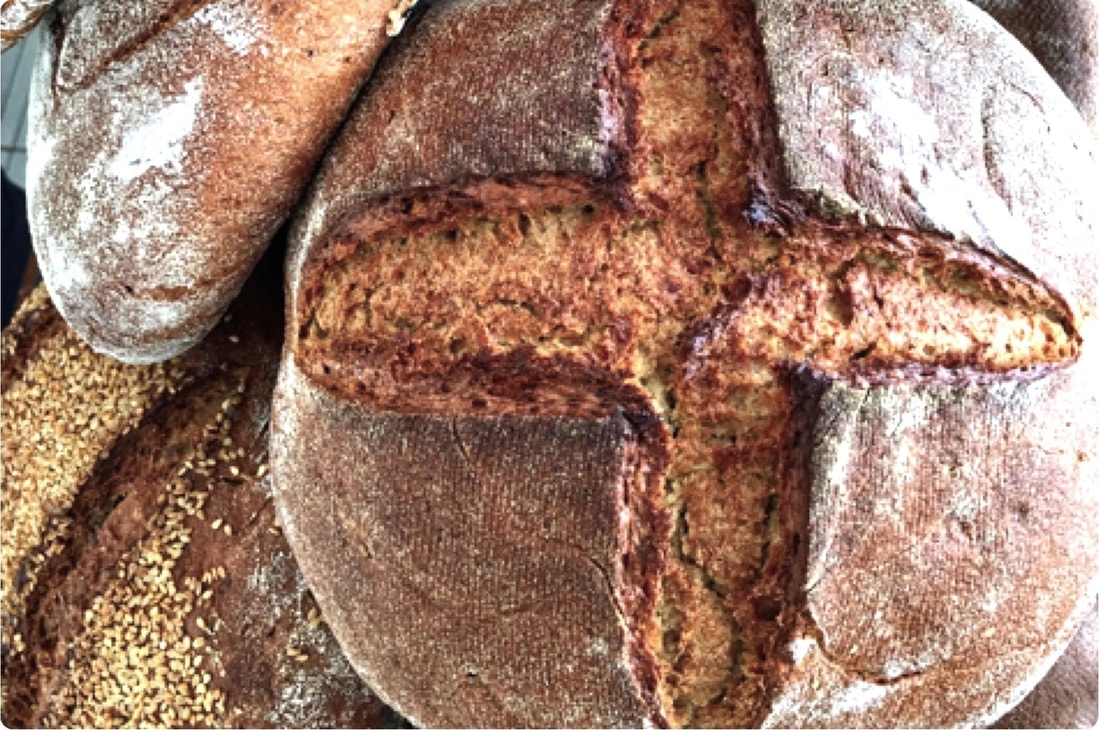
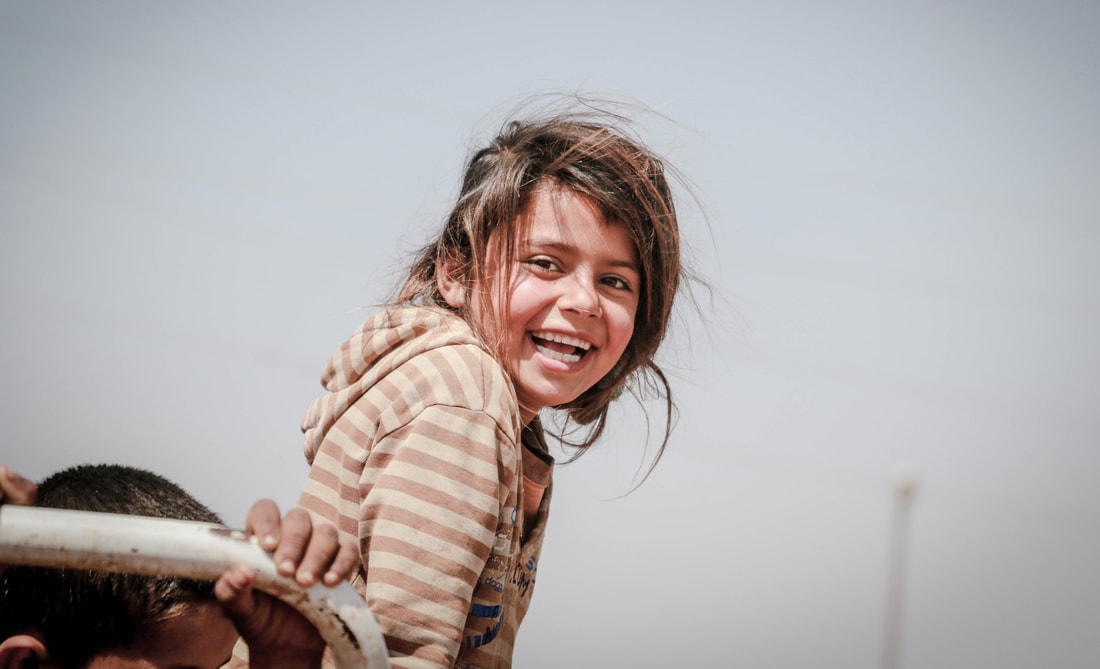
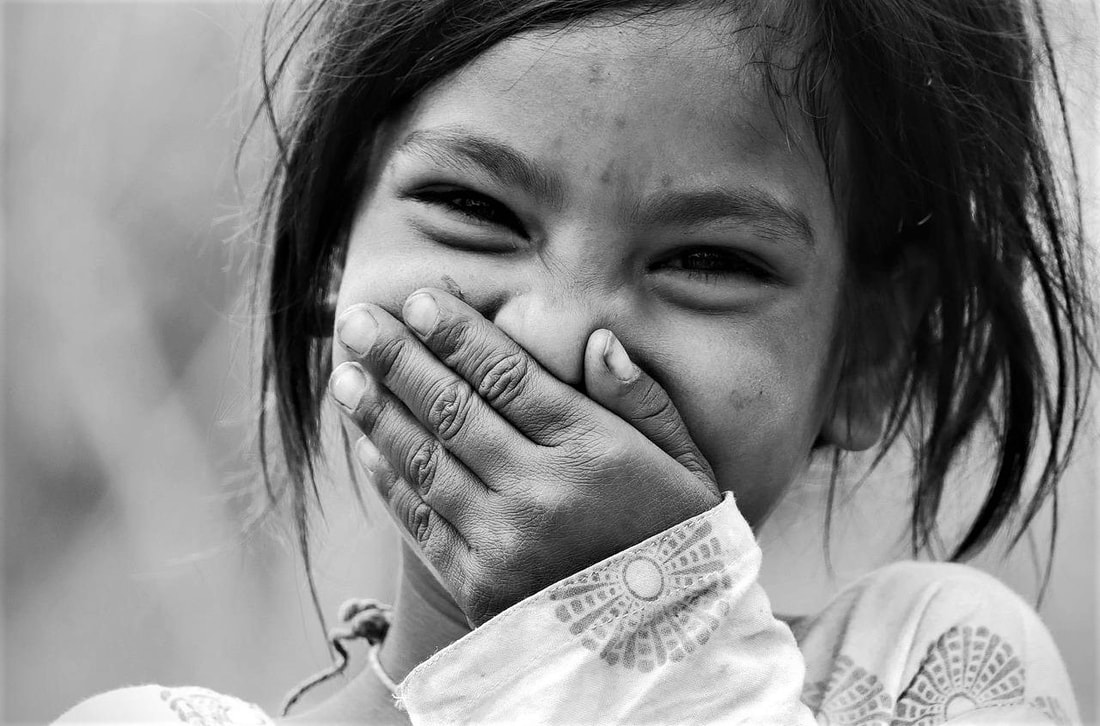
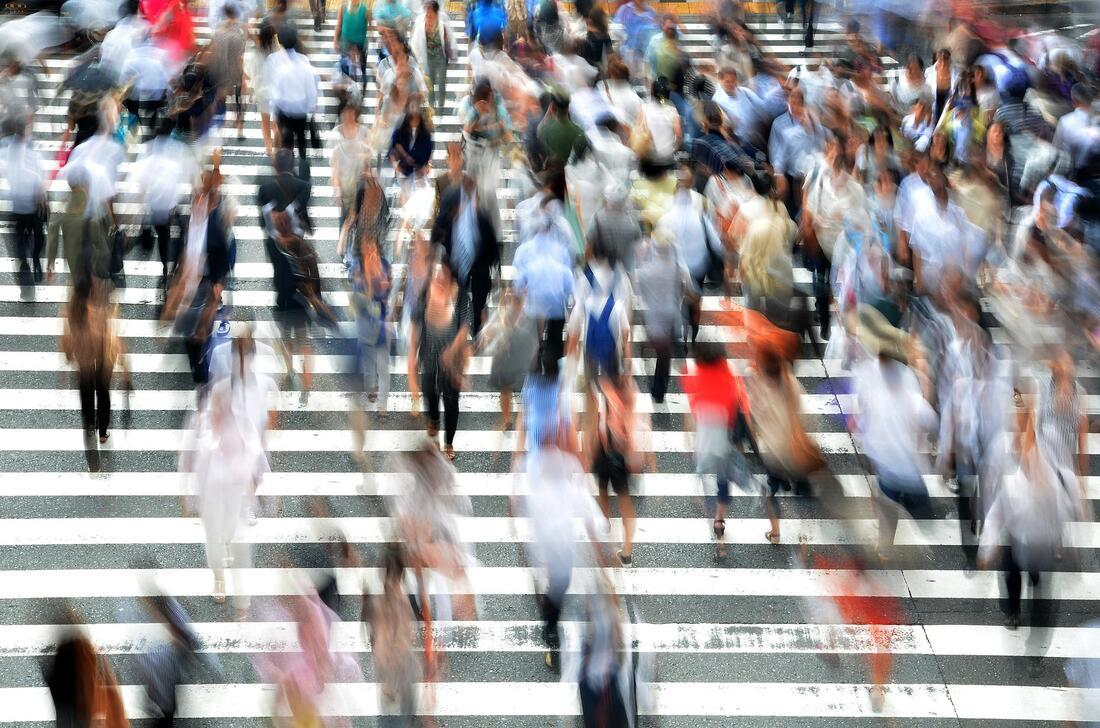
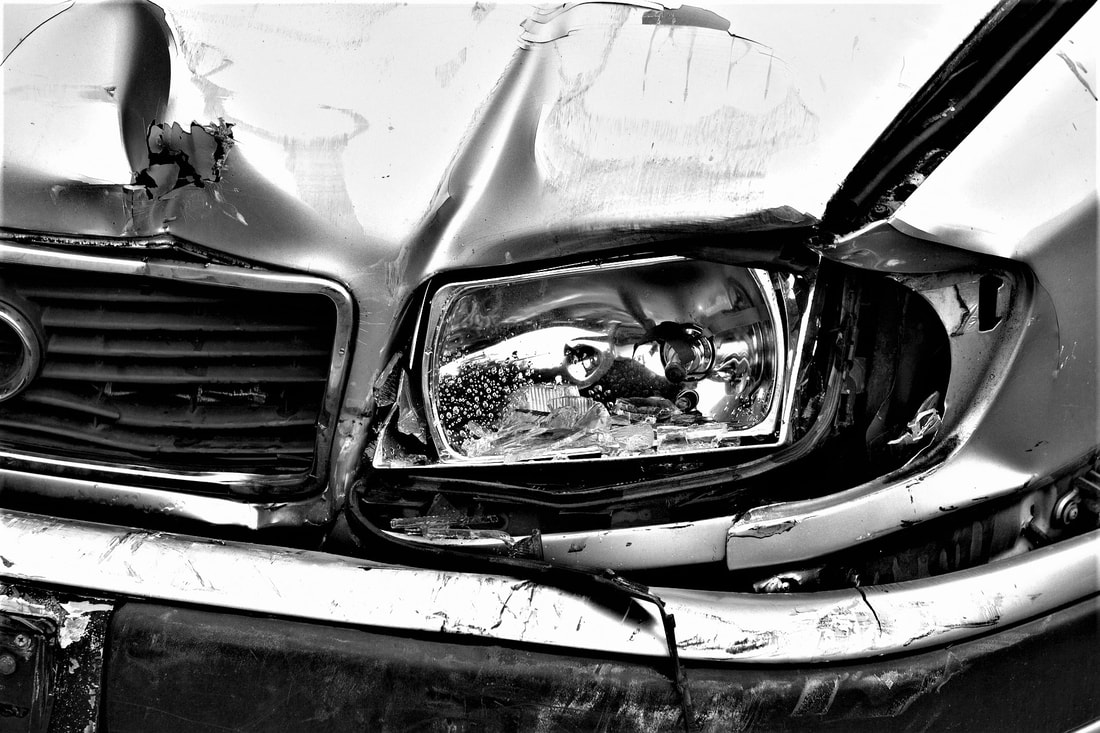



 RSS Feed
RSS Feed